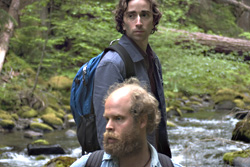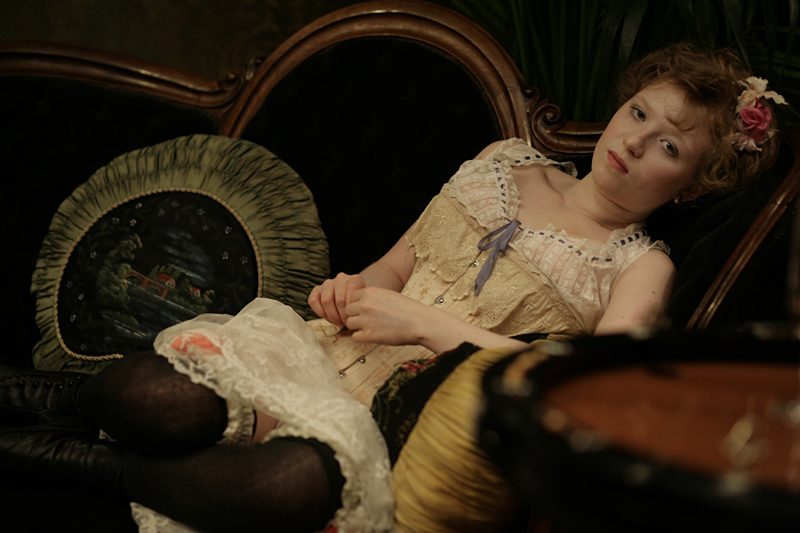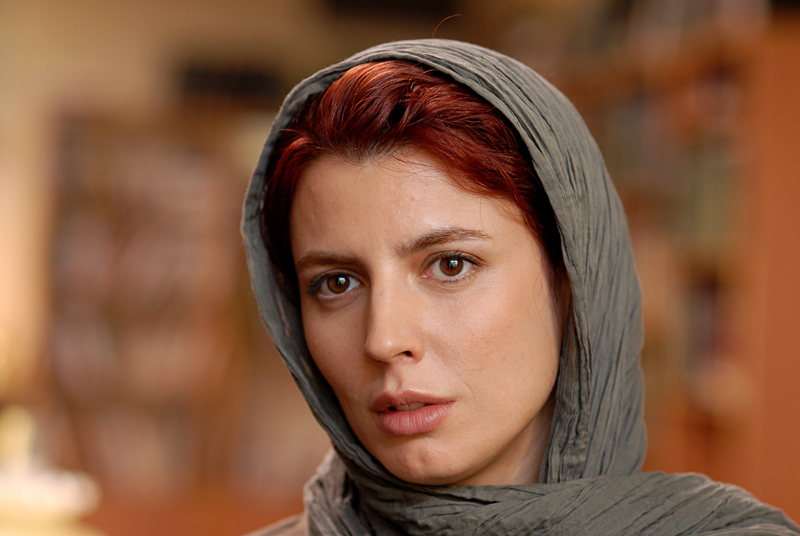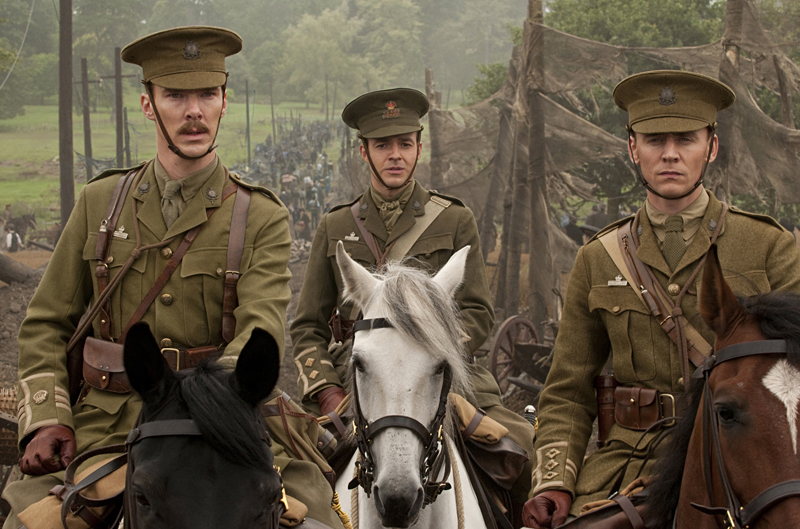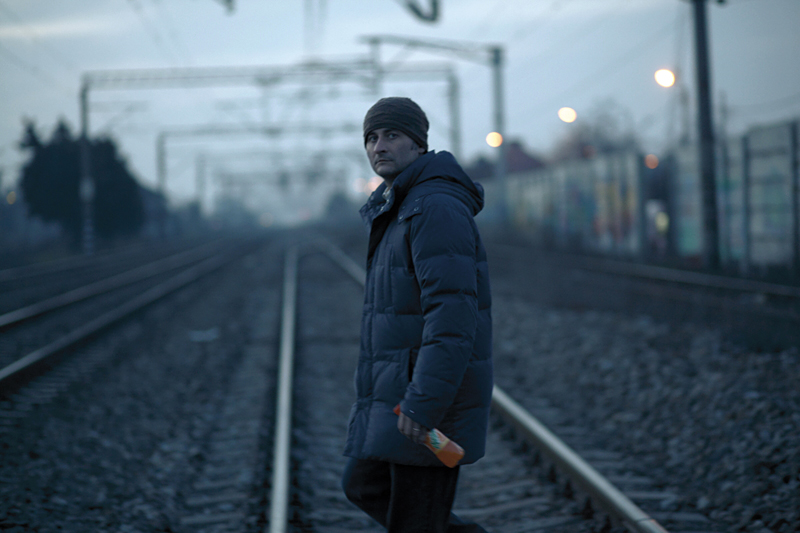A dozen years ago, Kelly Reichardt made her feature debut with a wonderfully desultory, nearly avant-garde riff on the last romantic couple. Reichardt’s River of Grass was a comic, slacker Bonnie and Clyde, set on the edge of the Everglades. Her belated follow-up, the more elegiac but no less site-specific Old Joy, is a diminished, grunge Easy Rider.
An aging Oregon hippie, one step from sleeping on the pavement, persuades his cautiously domesticated buddy, soon to be a father, to come out and play. Mark (Daniel London) is introduced while meditating (or not) in his backyard. His very pregnant wife hovers disapprovingly in the background as he takes an unexpected call from his old friend Kurt (indie godlet Will Oldham). Immediate unresolvable conflict: Mark wants to secure his wife’s “permission” to flee from the family, albeit temporarily, with Kurt into the woods. (Or rather, the Bagby Hot Springs, near Mount Hood.)
Driving by himself beneath the magnificently overcast sky, Mark listens to Air America. Climbing into the car, Kurt dispels that particular reality principle, with his earnest babble about some “transformative” experience or a “joyful night” at Big Sur. “I’m at a whole new place now,” he informs Mark as they make a quick stop to cop a dime bag of grass. Oldham is brilliantly annoying as the cow-eyed free spirit, provocatively named for the martyr of Northwest grunge. The friends are almost cartoonish types. Mark is diffident, lanky, and emotionally withholding. Kurt, who is built like a muscular toddler, has a full beard and a bald crown. At once needy and self- sufficient, he’s all but confrontational in his mellowness, wreathed in marijuana smoke and a smug aura of not-entirely-spurious wisdom.
It’s inevitable that the pair gets lost and winds up camping off the road. (The morning light will be especially unkind.) Throughout the ordeal, Mark says nothing, obviously wondering why he’s there. “So are you looking forward to fatherhood?” Kurt asks. Mark’s unconvincing enthusiasm spurs Kurt’s mind to address more serious issues. Astrophysics, he asserts, “makes perfect sense” to him. Mark may be dubious, but Kurt plunges ahead, describing the universe as a tear falling forever through space. And then, he says what’s really on his mind: “I miss you, Mark. I want us to be friends again.”
It’s inevitable, too, that they will finally find the entrance to the woodland spa that Kurt has selected as their destination. There’s a magical shot of reflected trees in the windshield. The friends hike through the forest to a nirvana of rustic wooden tubs. Soaking in the woods, immersed in nature, Mark trances out as Kurt recounts an obscure dream that provides the movie with its title. The two spend a night in the woods and . . . nothing happens. Or maybe everything: Reichardt’s evocatively low-key sense of nature seems closer to classic Japanese than current Amerindie cinema.
Old Joy is an adventure out of time. Essentially anecdotal, the movie is a mosaic of details, many rendered in close-up. Coming in the same year as Andrew Bujalski’s similarly understated and character-driven Mutual Appreciation, it attests to a new strain in Amerindie production—literate but not literary, crafted without ostentation, rooted in a specific place, and devoted to small sensations. If Old Joy is more laid-back and contemplative than Mutual Appreciation, it’s because the characters are more weathered. Open-ended as it may appear, it has a crushing finality. For all the wool-gathering and guitar-noodling, this road movie is at least as tender as it is ironic. J. HOBERMAN
